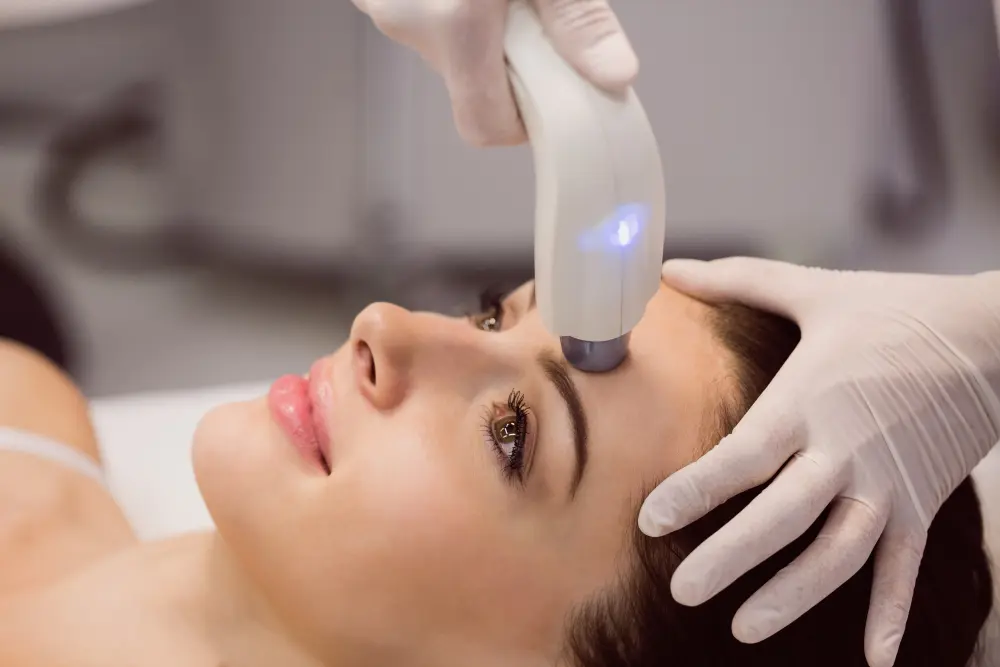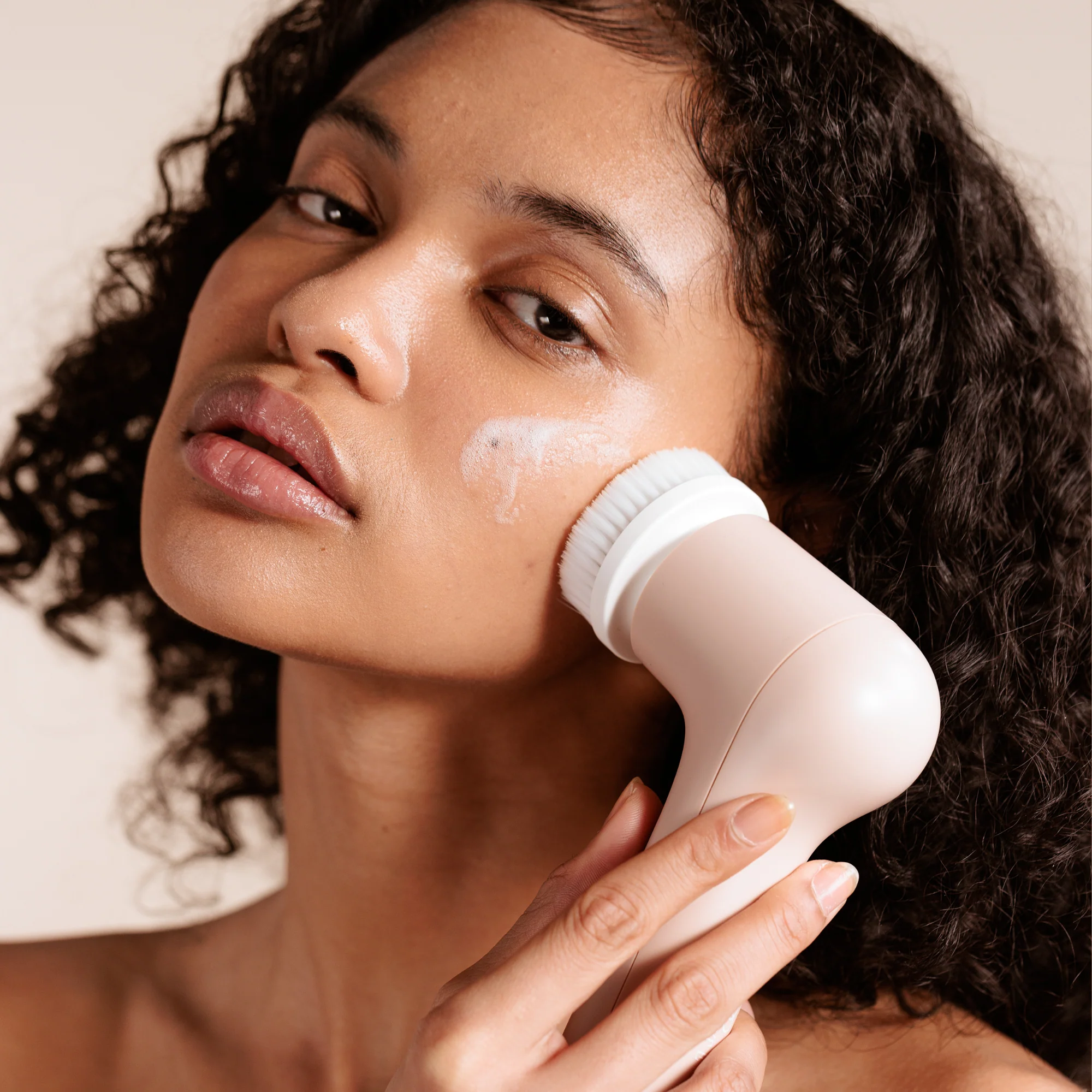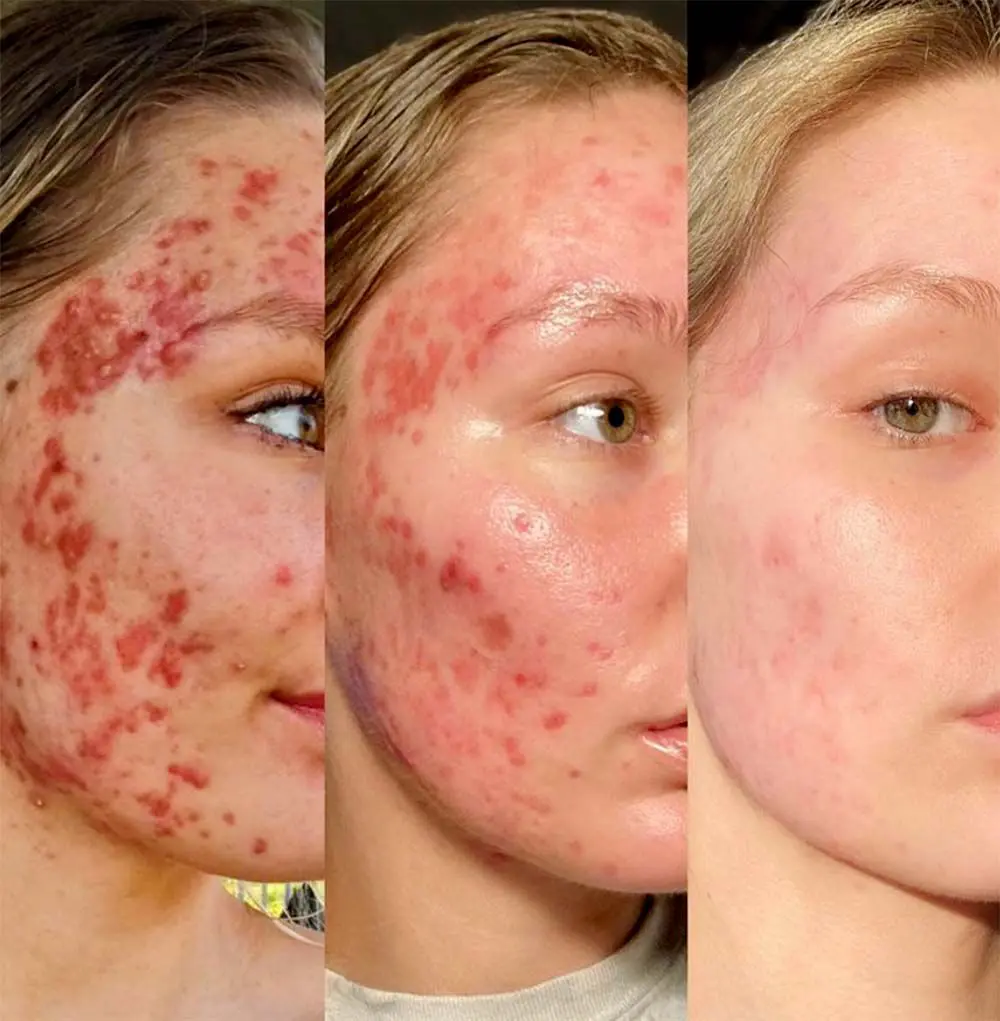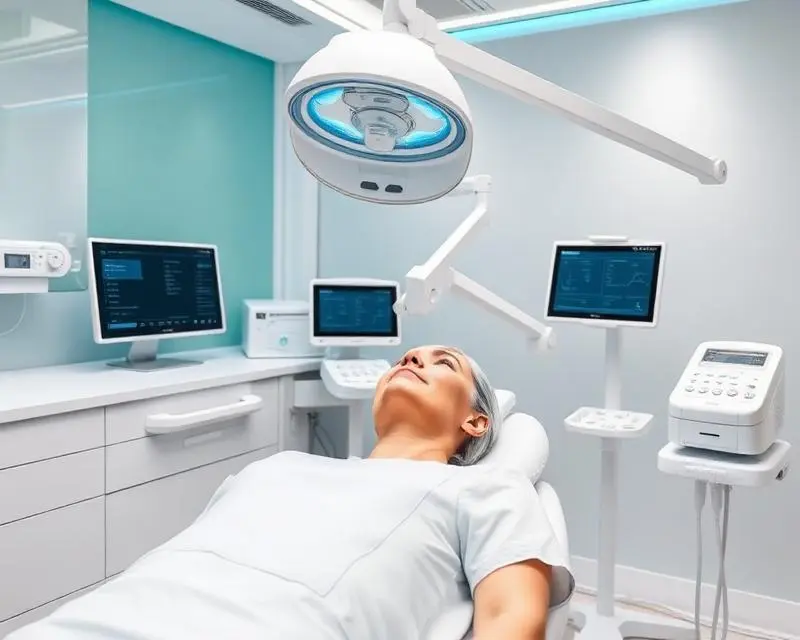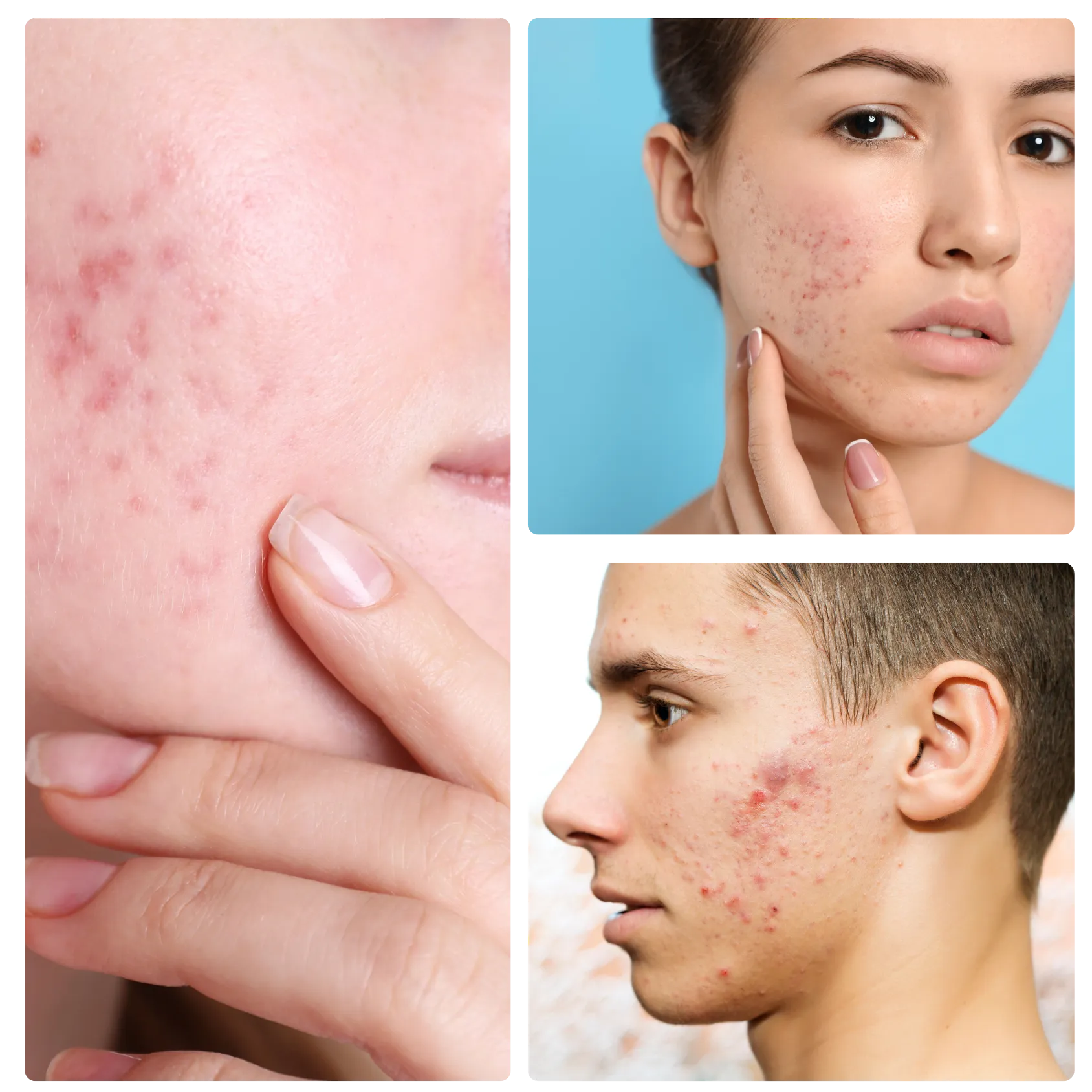

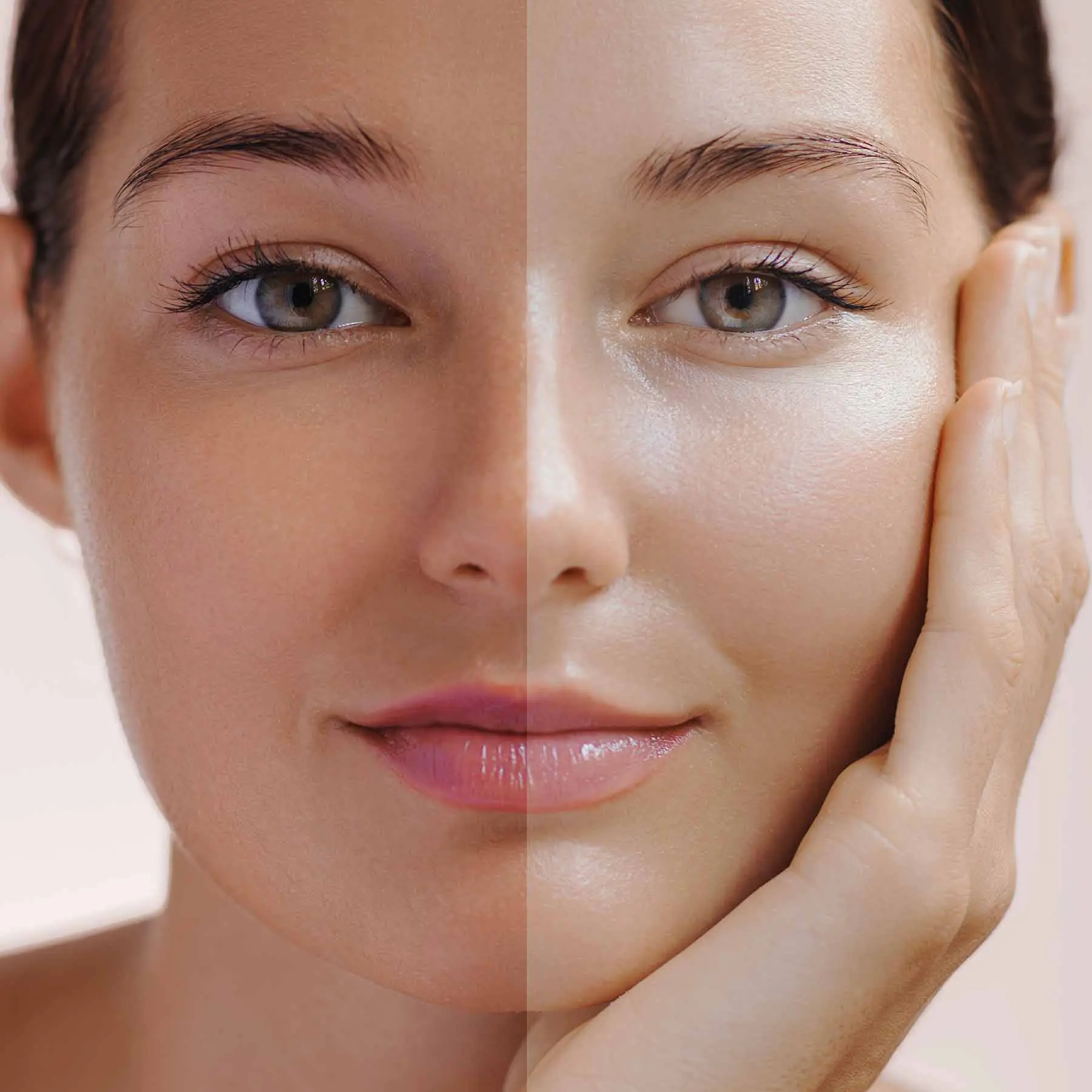
OTC acne treatment products work well when breakouts are small and come from clogging pores or surface irritation. These products target oil production, remove dead skin, and reduce mild swelling.
Acne treatment prescription options are useful when OTC steps are not enough. These medicines target deeper inflammation and help when acne vulgaris recurs or becomes painful.
Acne medicine works by changing one or more of the causes behind breakouts. Some products stop bacteria from growing, while others prevent debris from clogging pores. Certain medicines reduce oil production or minimize swelling.
